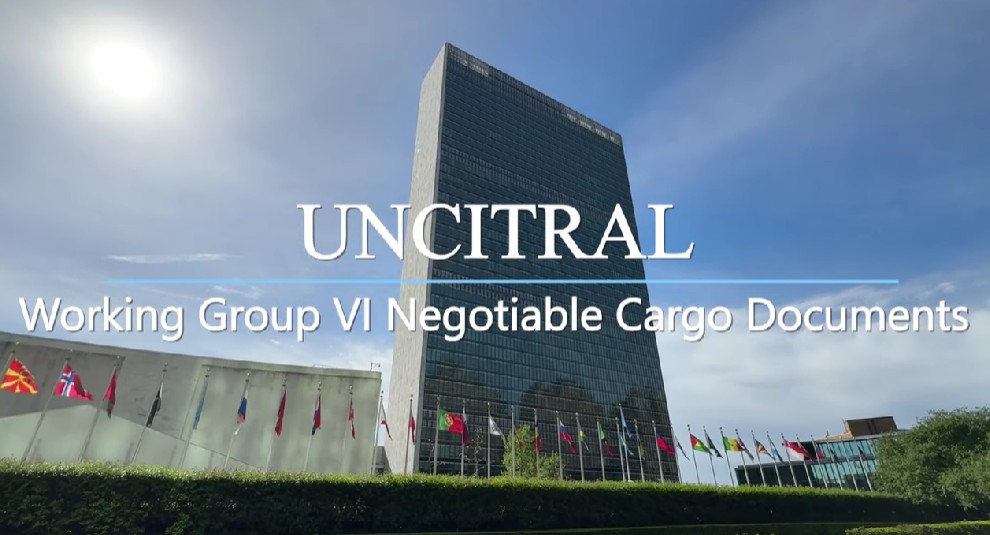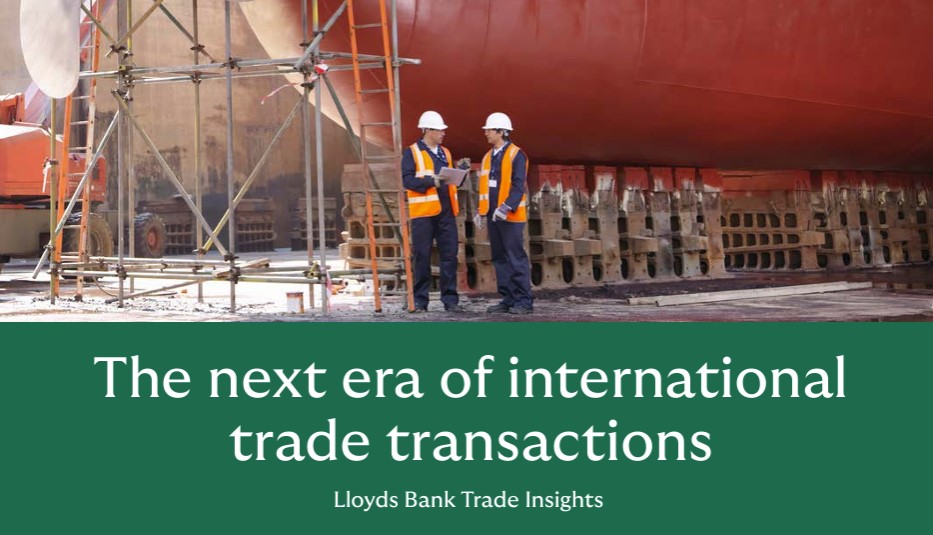Trade and Supply Chain Finance
-
Driving the Future of Trade Finance: How Digital Standards are Paving the Way for Paperless Trade

At Sibos 2024 in Beijing, industry leaders convened to discuss the accelerating digitalisation of global trade. A notable session featured Ben Arber, CEO of Complidata, in conversation with Pamela Mar, Managing Director of the Digital Standards Initiative (DSI) at the International Chamber of Commerce (ICC). Their discussion centered on the transition to paperless trade finance Read more
-
Understanding the EU’s PSD3 Directive and PSR Regulation: Key Changes and Implications

The European Commission has introduced two significant legislative proposals: the third Payment Services Directive (PSD3) and the Payment Services Regulation (PSR). These initiatives aim to enhance the European payments market by building upon the foundations of PSD2, striving for greater harmonization and reducing national discrepancies. Objectives of PSD3 and PSR The primary goals of PSD3 Read more
-
UNCITRAL’s Framework for Negotiable Cargo Documents: Modernizing International Trade

The UNCITRAL Negotiable Cargo Documents framework is designed to modernize and harmonize the legal rules governing documents used in the transport of goods, particularly in international trade. These documents, commonly known as bills of lading, play a crucial role in shipping by serving as evidence of the contract of carriage, a receipt for the goods, Read more
-
Until the recent drive towards digitalisation and modernisation, the processes involved in an international end-to-end transaction could be long, cumbersome and expensive. From the shipping of goods to the payment of an invoice, the overall transaction would take place through a collection of individual, fragmented and often siloed procedures, from the issuance of paper trade Read more
-
UK Export Finance’s Impact Framework
UKEF’s Impact Framework sets out how the department will measure the real-world impact of its financial support, while aligning with government priorities for growth, clean energy and industrial strategy. Each year, UKEF provides billions of pounds of financial support, helping businesses across the whole of the UK to export. This support is crucial, allowing UK Read more
-
An Initial Overview of Smart Contract Implementation within Financial Services & Regulatory Solutions for Risk Management
This smart contract Primer (referred to henceforth as this “Primer”) provides an initial overview of what smart contracts are, how they are being implemented within financial services and proposes how to apply existing legal and regulatory frameworks to mitigate risks from utilizing such technology. Developed by the members of Global Financial Markets Association (“GFMA”) and Read more
-
Project Aperta: Enabling Cross-Border Data Portability Through Open Finance Interoperability
The Bank for International Settlements (BIS) is launching Project Aperta to explore how to reduce frictions and costs in global finance by enabling seamless cross-border data portability. The project aims to connect the domestic open finance infrastructures of different jurisdictions. The initial use case to be explored is in trade finance for small and medium-sized Read more
-
The e-book provides an in-depth look at the evolving digitalization in trade finance. It discusses how digital solutions are transforming traditional trade processes, improving efficiency, transparency, and security. Key technologies covered include blockchain, artificial intelligence, and electronic documentation, which help streamline operations like payments and risk management. The guide also explores the benefits of adopting Read more
-
Deep-Tier Supply Chain Finance: Unlocking the Potential
Deep-tier supply chain finance (DTSCF) not only unlocks finance at favorable rates for deeper tiers in a supply chain, but it promotes an ecosystem of financial stability, risk management, and sustainability throughout the entire supply chain. DTSCF has the potential to reshape and strengthen traditional relationships by fostering more resilient; transparent; and environmental, social, and Read more
-
Recommendations of the European Banking Federation for the EU 2024-2029 term. The concluding legislature has been marked by a series of significant crises at both the international and European levels. Firstly, the global COVID-19 pandemic, then a war on the European continent resulting from the invasion of Ukraine. This conflict triggered an energy crisis, driving Read more

